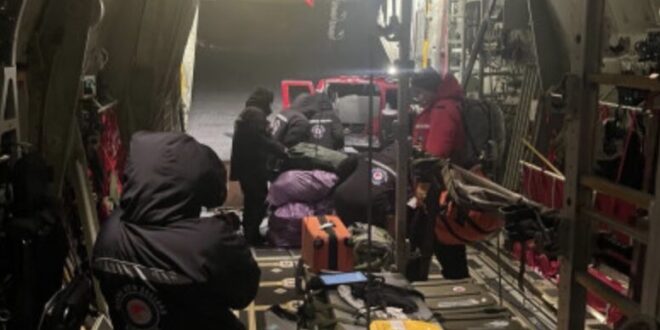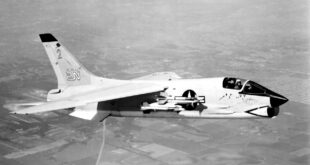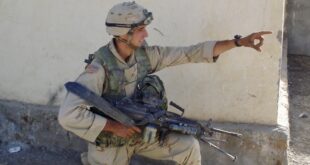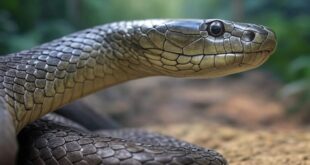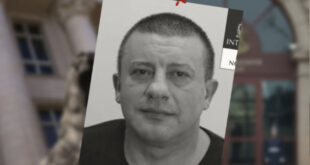Soldier of Fortune
In a daring mid-winter mission, a Royal New Zealand Air Force C-130J Hercules crew braved total darkness, ice, and sub-zero temperatures to rescue three Americans from Antarctica’s remote McMurdo Station. One American required urgent medical care, while two others needed medical assistance. Officials did not disclose the nature of the emergencies.
The operation was launched after a request from the U.S. National Science Foundation, which reported that one individual required urgent medical attention and two others needed care as a precaution. Due to the remote location and limited medical resources at McMurdo Station, evacuation was deemed necessary.
The Royal New Zealand Air Force (RNZAF) deployed a C-130 Hercules aircraft from Christchurch late Tuesday after pre-positioning the crew and aircraft from Auckland on Sunday in anticipation of a suitable weather window. The aircraft touched down in Christchurch early Wednesday morning, completing a 19.5-hour round trip.
READ MORE: Forging the Frozen Ice at McMurdo Station
Air Commodore Andy Scott, head of New Zealand’s air component, described the mission as one of the most difficult the air force undertakes, citing extreme weather, sub-zero temperatures, and the logistical challenges of landing on ice in total darkness.
“Mid-winter flights to Antarctica are not taken lightly,” Scott said. “The crew can only attempt the flight after detailed analysis of the weather and airfield state. The United States Antarctic Program Winter Team must physically create the runway before we can depart, ensuring the ice is groomed and suitable for landing.”
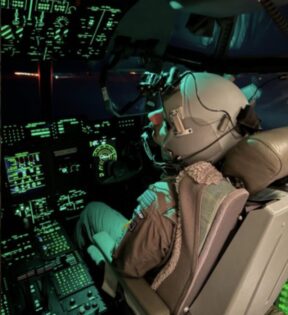
Photos taken by New Zealand Air Force rescue crews.
Scott emphasized that the mission was conducted using night vision goggles and that the region’s rapidly shifting weather made forecasting unreliable. Once the aircraft passed a certain point heading south, no alternate airfields were available, increasing the risk.
The aircraft kept its engines running during refueling on the ice to prevent freezing, and a medical team – including a physician – were on board to provide in-flight care during the return to Christchurch.
Temperatures at McMurdo Station dropped to -11°F (-24°C) during the operation.
Melissa Sweeney, the U.S. Chargé d’Affaires to New Zealand, praised the mission as “flawless,” commending the RNZAF for its precision and professionalism under extreme conditions.
All three Americans were brought to Christchurch for medical treatment.
 Soldier of Fortune Magazine The Journal of Professional Adventurers
Soldier of Fortune Magazine The Journal of Professional Adventurers


